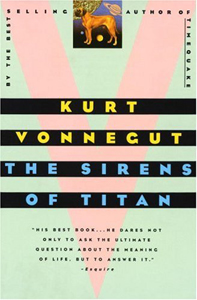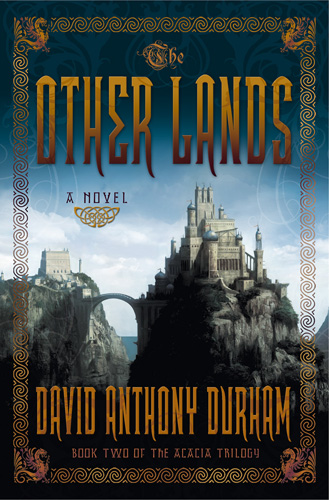By his own admonition, Richard Morgan is not a fan of J.R.R. Tolkien’s The Lord of the Rings. Sure, he liked it as a kid, but as he’s matured, Tolkien’s black and white view of the world has faded from relevance. Morgan recently published an article on Suvudu about The Lord of the Rings, where he thinks the true heart of the story lies and why Tolkien dropped the ball so badly in the telling of it.
I’m not much of a Tolkien fan – not since I was about twelve or fourteen anyway (which, it strikes me, is about the right age to read and enjoy his stuff). But it would be a foolish writer in the fantasy field who failed to acknowledge the man’s overwhelming significance in the canon. And it would be a poor and superficial reader of Tolkien who failed to acknowledge that in amongst all the overwrought prose, the nauseous paeans to class-bound rural England, and the endless bloody elven singing that infests The Lord of the Rings, you can sometimes discern the traces of a bleak underlying human landscape which is completely at odds with the epic fantasy narrative for which the book is better known.
…
The orcs are disenchanted, poorly informed and constantly stressed by the uncertainties that lack of information brings. They suspect that the war might be going badly for their side, and that their commanders, far from being infallible, seem to be making some serious errors of judgment. They worry that if their side loses, they can expect scant mercy from their victorious enemies. They mutter their misgivings sotto voce because they know that there are informers in the ranks and a culture of enforcement through terror bearing down from above. They also seem possessed of a rough good humour and some significant loyalty to the soldiers they command. And they’re not enjoying the war any more than Frodo or Samwise; they want it to be over just as much as anybody else.
For me, this is some of the finest, most engaging work in The Lord of the Rings.
…
The great shame is, of course, that Tolkien was not able (or inclined) to mine this vein of experience for what it was really worth – in fact he seemed to be in full, panic-stricken flight from it. I suppose it’s partially understandable – the generation who fought in the First World War got to watch every archetypal idea they had about Good and Evil collapse in reeking bloody ruin around them. It takes a lot of strength to endure something like that and survive, and then to re-draw your understanding of things to fit the uncomfortable reality you’ve seen.
…
Well, I guess it’s called fantasy for a reason.
I only wonder why on earth anyone (adult) would want to read something like that.
It’s certainly worth a read, and it’s interesting to contemplate how Morgan’s thoughts on The Lord of the Rings may have affected his writing of The Steel Remain.
You can read the whole article HERE.


